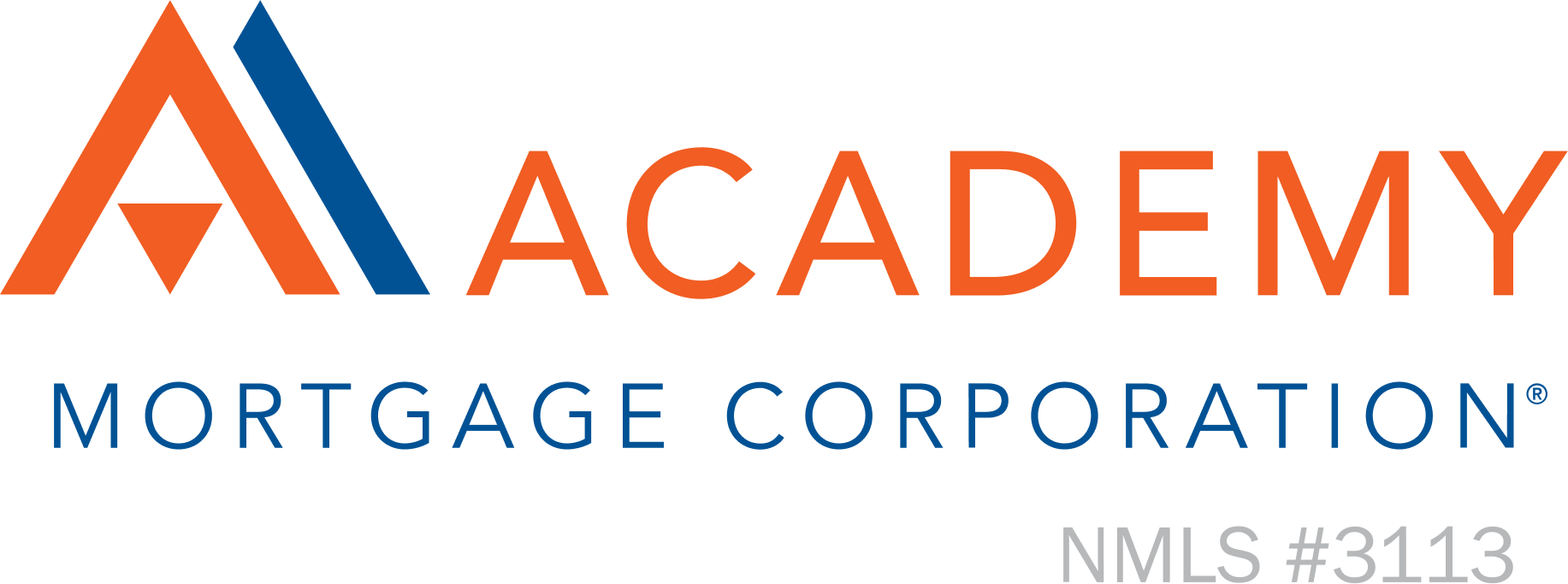Lower your mortgage rate? 7 controllable factors


If you want to get a lower mortgage rate, learn more about these qualifying factors.
Are you trying to understand what’s happening with mortgage rates and why they fluctuate? This information can be invaluable when you’re buying a house. Your mortgage interest rate directly affects your monthly payment. If you can qualify for a lower mortgage rate, you’ll pay less over the life of your mortgage.
To find out which outside factors cause mortgage rates to rise and fall, you can read more here. To learn which rate-lowering factors are within your control, keep reading.
7 factors that impact the rate you qualify for

Many homebuyers successfully secure a lower mortgage rate by making changes to one or more of these factors:
1. Credit score.
If you want to get a handle on your credit health, here are two articles we recommend reading:
How much does creditworthiness matter when qualifying for a mortgage? More than many people think. MyFICO shows that raising your credit score from “average” to “good” may save you several hundred dollars a month on your mortgage. Of course, individual factors and loan terms will vary. Having healthier credit helps reduce your perceived risk so you can qualify for a lower mortgage rate.
2. Down payment.
There are many low and no down payment loans designed to make homeownership possible. But if you have the funds for a large down payment, it’s a good idea to make one. A sizeable down payment allows you to invest more in the purchase of your property. A lender will see this as favorable, likely offering you a lower mortgage rate as this lowers your LTV (loan-to-value ratio).
Another benefit to putting more money down is avoiding Private Mortgage Insurance (PMI). Homebuyers who put down 20 percent on a Conventional Mortgage won’t have to pay monthly PMI, which may cost anywhere from $30 to $70 a month for every $100,000 borrowed.
3. DTI.
When you divide your monthly debt payments by your gross monthly income, you get your debt-to-income ratio (DTI). A lender uses your DTI to assess your ability to make monthly payments on the amount you intend to borrow. More debt means more risk when taking on a mortgage. Paying down debt, buying a lower-cost home, and making a larger down payment can all help reduce your DTI.
Debt, credit score, and down payment savings are the individual factors to work on if you want to positively influence your mortgage rate.
4. Loan type.
Different types of mortgages—whether a Conventional, FHA, VA, or USDA Loan—may come with different requirements and rates. Likewise, the size of a loan can also impact your rate. Large loans, like Jumbo Loans, carry greater risk. A Jumbo Loan usually requires a bigger down payment and has a higher interest rate.
Not only that, but a rate can vary based on a loan’s interest rate type (adjustable or fixed). An Adjustable-Rate Mortgage (ARM) often comes with a lower mortgage rate for its initial fixed period. Your Academy Loan Officer can help you compare and decide which loan and rate type make the most sense for your situation.
Find your local Academy Loan Officer.
5. Loan term.
Generally, a loan with a shorter term—or length—will have a lower mortgage rate compared to a loan with a longer term. This, again, comes back to perceived risk. A lender views a shorter mortgage term as less risky to pay back. Still, it’s important to keep in mind that while a shorter-term mortgage may come with a lower rate, it will have a higher monthly payment.
6. Property location.
Your mortgage rate may depend on where a property is located:
- Rates can vary by state, with states like Hawaii, Connecticut, and Utah skewing cheaper in years past.
- Some states have higher costs for operating a business; a lender may charge more to compensate for added overhead.
Regions with weaker economies may also have more mortgage defaults, causing lenders to raise their rates to offset risk.
7. Property type.
How a home is used also makes a difference. If you, like most homebuyers, are purchasing a property as your primary residence, you can expect to borrow at a relatively lower mortgage rate. This is in contrast to purchasing a second home or investment property. Both of these property types may come with a higher interest rate and require a larger down payment.
How low can your rate go?
Did you know that programs exist to help you secure a lower mortgage rate and save on your first years of homeownership? Ask your local Academy Loan Officer about using a Temporary Buydown.
Please consult a trusted professional as personal circumstances may vary. No specific results are guaranteed. Not all applicants will qualify. MAC424-1486341.


